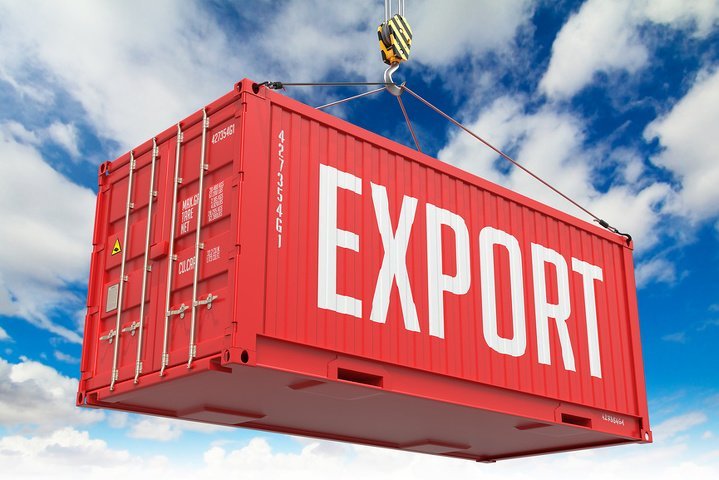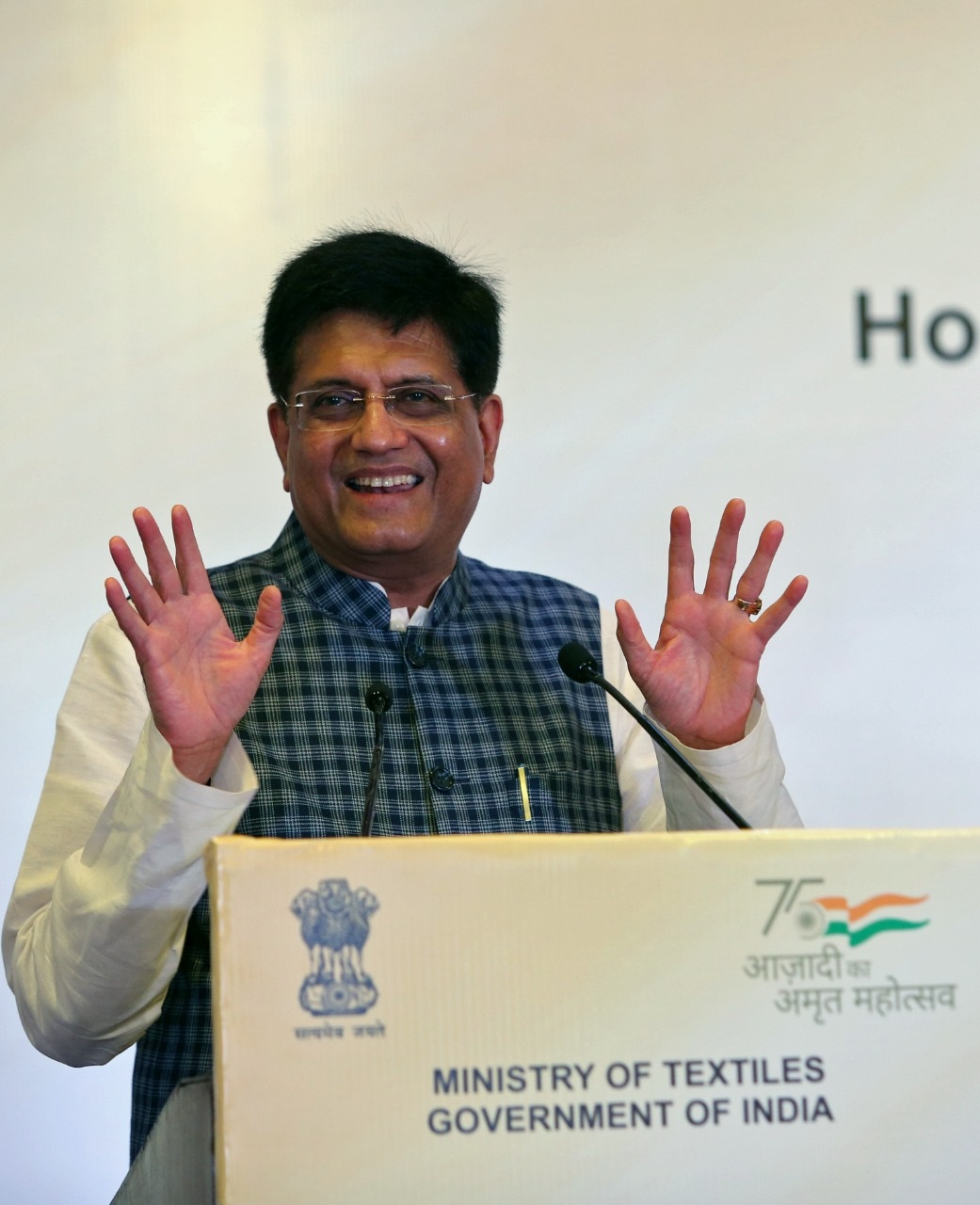Multi-Year Research Uncovers Forced Uyghur Labor in Yet More Products
Multi-year supply-chain investigations have revealed extensive global ties to the forced labor of Uyghurs, in products both from the sea and from the land.
Research published in 2023 shows that the global seafood industry, and the global supply of gold, are both linked to the Chinese government’s state-imposed forced labor. The reports that uncover these chains of hidden complicity are like a gift to a suffering people. The research makes it clear that a wide range of businesses must take urgent action to stop complicity.
On October 9, 2023, The Outlaw Ocean Project, in collaboration with The New Yorker, released “The Uyghurs Forced to Process the World’s Fish,” an investigation that sheds light on the use of forced Uyghur labor in the seafood industry in China, with implications for the US and other countries.
Two days later, on October 11, C4ADS published a report titled “Fractured Veins,” highlighting mining in East Turkistan, aka the Xinjiang Uyghur Autonomous Region (XUAR), and its entanglement with international finance, global supply chains, investment and commodity markets.
Together, both reports highlight a new range of products that are affected by forced labor that new regulatory bodies must act on, to eliminate in global supply chains. The mining and seafood investigations are only the latest, following more than 20 other supply-chain investigations published since 2019. A full list has been compiled by the Coalition to End Forced Labour in the Uyghur Region.
Uyghur Forced Labor in the Seafood Industry
“The Uyghurs Forced to Process the World’s Fish” is the result of four years of painstaking research. Ocean Outlaw director Ian Urbina and a large team of researchers showed incredible persistence, and cross-checked information using multiple research methods, to be able to uncover the hidden story of Uyghur forced labor in seafood processing plants.
Two Uyghur researchers, Zubayra Shamseden and Yalkun Uluyol, assisted with Uyghur-language analysis and interpretation, as part of the multi-national, multi-lingual team that contributed to the results.
The paper emphasizes the importance of the Uyghur Forced Labor Prevention Act (UFLPA), a pivotal piece of legislation passed by the US Congress in 2021. This law determines that goods sourced in the Uyghur Region are products of state-imposed forced labor and are therefore banned from entering the US market. The UFLPA also places the onus on suppliers and importers to prove they are not connected to forced Uyghur labor, shifting the burden of proof from accusers to those in the supply chain. While the law has led to the detention of over a billion dollars’ worth of goods from the Uyghur Region, the seafood industry, which is a significant contributor to US imports, has so far largely evaded sanction.
The lack of free access to East Turkistan for foreign journalists, along with extensive censorship on the Chinese internet, makes it difficult to gather information on Uyghur labor conditions. To counteract this, the Outlaw Ocean research team analyzed internal company newsletters, local news reports, trade data, satellite imagery, and videos posted on social media platforms by the workers themselves to gather information and track the experiences of Uyghur laborers. This is a noteworthy investigative approach effective in overcoming the challenges to traditional on-the-ground reporting.
The information obtained through these methods reveals that a significant number of Uyghur workers have been sent to work in seafood-processing factories in Shandong Province in eastern China, over a thousand miles from East Turkistan. Further, cases of individuals being sent to work by coercive means, including detention and family pressure, are common.
Several seafood companies in China have employed more than a thousand Uyghur laborers since 2018, according to the Outlaw Ocean research. These companies have actively contributed to the shipment of over 47,000 tons of seafood to the US. It’s alarming that despite these companies’ practice of using forced Uyghur labor, many have passed audits conducted by leading global inspection firms.
Companies implicated in using forced Uyghur labor often rely on claims of compliance with labor standards and regulations. This involves creating an appearance of conformity through self-assessment questionnaires and by sometimes misleading auditors during inspections. Auditors often rely on pre-announced inspections for which employers can prepare, leading to the concealment of Uyghur workers. This approach is a severe deficiency in the current audit systems for detecting and addressing forced labor practices.
The report also raises concerns about the effectiveness of certification bodies, such as the Marine Stewardship Council, in ensuring the ethical sourcing of seafood. Even certified companies were found to be involved in forced labor practices, showing an urgent need for reform in certification procedures.
The sheer complexity of seafood supply chains is a significant factor in the concealment of labor abuses. Numerous handoffs and subcontracting make it challenging to trace the origins of seafood, thus allowing companies to exploit these complexities to their advantage.
To stop these practices, there is a need for regulatory changes, in particular, expanding and strengthening the federal Seafood Import Monitoring Program. Companies in China and their US buyers should provide detailed labor information, adding a layer of accountability to the supply chain.
The report references investigations into working conditions in various other industries, emphasizing that the problem of forced labor is not unique to seafood. This suggests that more sectors, including seafood, need to be scrutinized to ensure human rights and labor standards are upheld. The global scope of the issue underlines the need for a unified international response. The role of consumers and advocacy groups in pressuring companies to take responsibility for their supply chains cannot be understated. Public awareness and outcry can force companies to conduct more rigorous due diligence.
Uyghur Forced Labor in the Mining Industry
The Center for Advanced Defense Studies’ (C4ADS) report “Fractured Veins” discusses the exposure of the global mining industry to global supply chains and investments, revealing the involvement of large state-owned corporations and their subsidiaries. The report is one in a series of C4ADS reports on global business links to the Uyghur genocide.
C4ADS researchers also deserve great respect and appreciation from Uyghurs. One C4ADS analyst, Nicole Morgret, was previously a researcher and author of numerous UHRP reports. On December 26, 2023, the Chinese government placed sanctions on Ms. Morgret and two other Americans. The Foreign Ministry announced that the sanctions were a response to actions that “damaged” China’s “legitimate rights and interests of officials and businesses.”
C4ADS immediately issued a statement, standing by its reporting and re-emphasizing its commitment to “combating the illicit networks that perpetrate and facilitate human rights violations around the world, including in the Uyghur region.” UHRP also issued a press statement the same day. UHRP’s executive director, Omer Kanat, said in response to the retaliatory action by the Chinese government: “Attempts to censor and intimidate credible researchers … only demonstrates the desperation of the Chinese government to shut down critical voices.”
Using publicly available mining licenses and corporate data to create a comprehensive map of the mining industry in East Turkistan, C4ADS analysts were able to connect these mines to their ultimate owners. This mapping is a crucial starting point for understanding the complex web of corporate ownership and supply chain connections. It reveals a significant aspect of the mining industry in East Turkistan: That while mining licenses are often held by companies registered within the region, these companies are frequently subsidiaries of large state-owned corporations, some of which are headquartered outside of the Uyghur Region.
The involvement of powerful state-owned entities in the region’s mining sector is how major Chinese mining companies have obtained accreditation from respected international industry bodies. Mapping the mining industry in China by connecting mines to their beneficiaries is key to unraveling the puzzle since these accreditations mislead global buyers and investors into believing that the gold is sourced responsibly, thus further facilitating potential human rights abuses.
The report also describes extensive global supply chain connections, showing that major US companies like Mattel, Macy’s, Tesla, Apple and NVIDIA are directly or indirectly linked to suppliers that source gold from East Turkistan-located mines with risk indicators of forced labor. Such connections could potentially breach international guidelines particularly for US importers, under the provision of the UFLPA, as well as OECD responsible sourcing standards.
C4ADS underscores how major asset management firms’ portfolios include companies that own mines in East Turkistan connected to forced labor and human rights violations. This not only puts these firms at risk but also their clients, including institutional investors and individuals, who might inadvertently become implicated in human rights violations.
C4ADS’ work is a comprehensive analysis of the complexities of the mining industry’s global reach and its potential ethical, legal, and financial consequences. More importantly, it recognizes that gold mines are just one facet of a broader issue, as the Uyghur Region’s mining sector produces various globally traded minerals.
The report calls for the reduction of capital flows to Chinese mining companies that are involved in human rights abuses in East Turkistan and emphasizes the pivotal role that stakeholders, including corporate buyers, sellers, investors, regulators, policymakers, and law enforcement, have in diminishing these flows.
Uyghur Forced Labor on Land and Sea
The Outlaw Ocean and C4ADS reports provide a comprehensive view of the complex challenges associated with the forced labor of Uyghurs within distinct sectors. They underscore the need for vigilance and international cooperation to combat forced labor and human rights violations in intricate global supply chains. Whether in seafood or mining, both reports reinforce the importance of acting swiftly to protect the rights and dignity of Uyghur workers and individuals affected by these injustices.
According to Statista, a German group specializing in data gathering and visualization, China is the largest producer of seafood in the world, accounting for around 35 percent of the global fish and seafood production volume in 2021. The consumer market for fish and seafood products in China surpassed a total retail market revenue of US $80 billion in 2022 and is estimated to reach around US $130 billion in 2028. China’s production volume of fish and seafood has increased rapidly over the past few decades, from 4.5 million metric tons in 1980 to roughly 69 million tons in 2022, profiting significantly from the use of forced Uyghur labor.
China is also one of the world’s top producers and reserve holders of many important minerals and metals, including critical minerals, which makes the Chinese mining industry economically and politically significant. With more than 1,500 mining operations, of which approximately three-quarters are sub-surface, the value of China’s mineral production amounted to a 1.5 percent share of the country’s GDP in 2020. The total value of metallic minerals and coal produced in China as of 2020 was nearly US $218 billion. Furthermore, China is the lead producer of gold in the world, accounting for around 10 percent of total global production.
We should not overlook how rich East Turkistan is in energy resources and how important the region therefore is to China in terms of energy security. It has the largest reserves of oil, natural gas, and coal in the PRC, with its coal reserves accounting for 40 percent of the PRC’s total. The oil and gas reserves found in the Tarim, Junggar and Turpan‑Hami basins account for around 30 percent and 34 percent of the PRC’s total reserves. In 2020, more than 40 percent of China’s energy for more than 1.4 billion of its citizens was produced by coal. As China’s energy consumption continues to increase, the mines in East Turkistan will only become more important for its economy.
The recent investigations into mining in the Xinjiang Uyghur Autonomous Region (XUAR) and the seafood industry are part of a truly alarming body of evidence that regulatory bodies must address, to eradicate forced labor from global supply chains. These efforts are essential in ensuring justice and human rights for the Uyghur community.
Source: UHRP
25 Feb 2024,18:06


















 Live Tv
Live Tv








